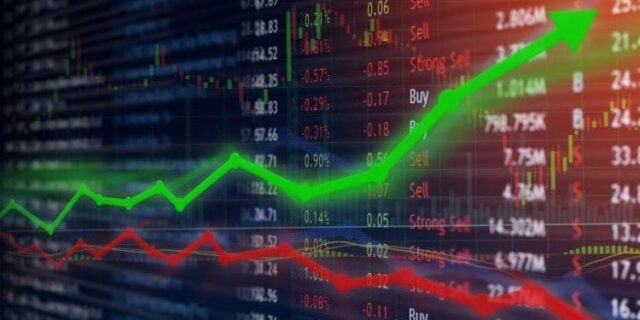There are several viable investment vehicles in the digital age, including so-called “contracts for difference”.
As of 2018, there were approximately 100 FCA-authorised CFD providers, with more than 800,000 funded CFD accounts in operation. Around 279,000 of all retail client accounts trade CFDs each month, highlighting the popularity of this derivative vehicle.
But is CFD trading right for you, and when should you consider investing in this way? Let’s find out the answers to these questions.
What is CFD Trading?
A derivative and speculative investment vehicle, a CFD trade is where you speculate on whether the price of a particular market or asset class will rise or fall over a predetermined period of time.
If your investment is successful, your profits will be determined by the price difference that exists between your opening and closing trades. This same price shift also determines the extent of your losses if your trades turn against you, and it’s always important to calculate potential outcomes when managing your capital.
As a derivative trading vehicle, CFD trading is conducted without requiring you to assume ownership of an underlying asset or financial instrument.
For example, you can speculate on a particular currency’s exchange rate over a relatively short period of time, or predict the performance of a stock market index that covers an industry or a selection of large-cap national equities.
Is CFD Trading Right for You?
Ultimately, the speculative nature of CFD trading means that the vehicle is ideal for people who want to operate flexibly, without being constrained by asset ownership and behind forced to hold entities such as stocks and shares.
Similarly, CFD trading is also ideal in instances where you’re in the market for short-term gains, as you can profit directly from small and sudden price shifts that occur in a matter of moments.
This is common in forex trading, for example, where so-called “scalping” encourages traders to profit from price shifts that occur in a matter of minutes or hours, in a bid to secure incremental returns during a 24-hour period.
This differs from buy-and-hold investment vehicles such as stocks, which you typically have to retain until it appreciates in value and achieves your pre-trade expectations.
The Last Word – The Risk of CFD Trading
Ultimately, it’s your outlook and risk profile that should dictate whether you trade CFDs, and while timing is important, there are ample opportunities and markets that enable you to leverage this to your advantage.
However, you should note that CFDs tend to be a little riskier than other trading methods, as they look to leverage short-term volatility and can incur sizable losses in addition to gains (depending on the presence and extent of any leverage).




